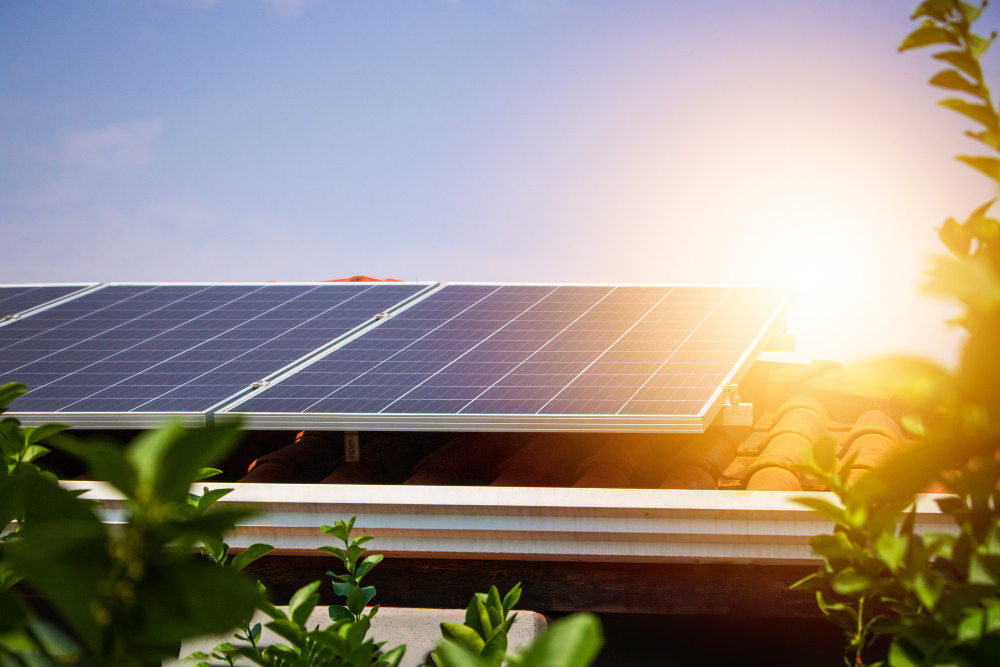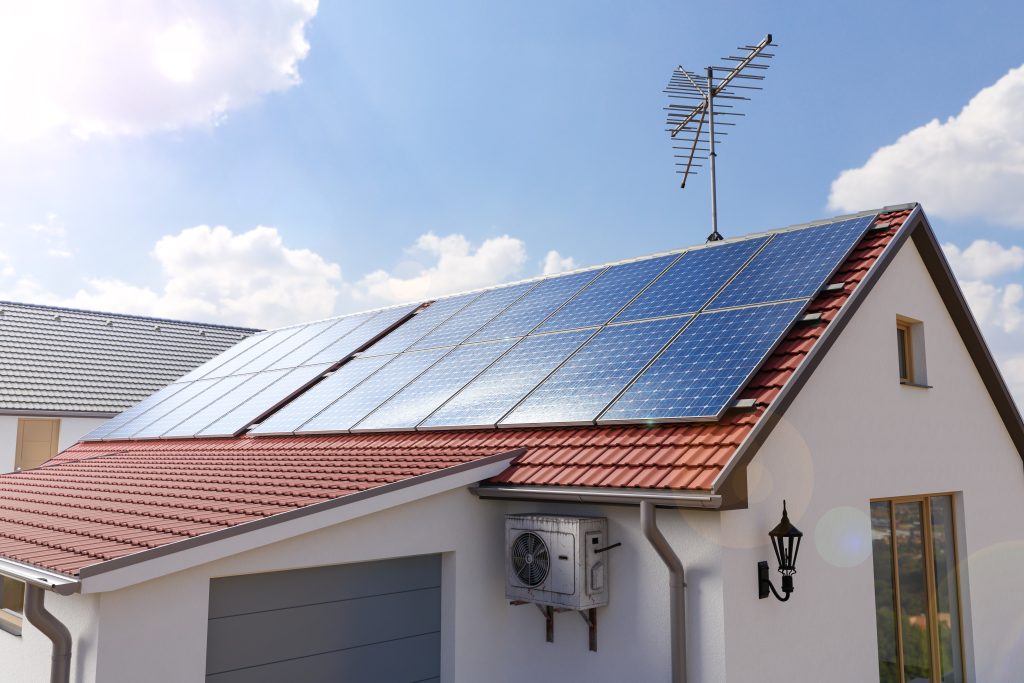Introduction
In recent years, solar energy has gained significant popularity as a sustainable and cost-effective alternative to traditional electricity sources. The installation of solar panels on residential properties offers numerous benefits to homeowners. In this article, we will explore ten key advantages of installing solar panels for home users.
Reduction in Electricity Bills
One of the primary benefits of solar panel installation is a significant reduction in electricity bills. By harnessing the power of the sun, solar panels generate electricity that can be used to power various household appliances and lighting systems. This means homeowners can rely less on grid-supplied electricity, resulting in lower monthly bills and long-term savings.
Renewable and Clean Energy
Solar panels utilize renewable energy from the sun, making them an eco-friendly choice. Unlike fossil fuels, which contribute to greenhouse gas emissions and climate change, solar energy is a clean and sustainable source of power. By going solar, homeowners can actively participate in reducing their carbon footprint and protecting the environment.
Environmentally Friendly
In addition to reducing greenhouse gas emissions, solar panels have several environmental benefits. The production and usage of solar energy do not generate harmful air or water pollutants. Installing solar panels at home helps in conserving natural resources and preserving the planet for future generations.
Increased Home Value
Installing solar panels can significantly increase the value of a residential property. Solar-equipped homes are highly desirable in the real estate market due to their lower electricity costs and environmental benefits. Potential homebuyers often prioritize properties with renewable energy systems, making solar panel installation a wise investment.
Government Incentives and Tax Credits
Governments around the world encourage the adoption of solar energy by offering various incentives and tax credits. These incentives can significantly offset the initial cost of solar panel installation, making it more affordable for homeowners. By taking advantage of government programs, individuals can make the transition to clean energy with greater ease.
Energy Independence
Solar panels provide homeowners with a sense of energy independence. By generating their own electricity, homeowners are less reliant on utility companies and the fluctuating costs of grid electricity. This independence grants individuals greater control over their energy consumption and shields them from rising electricity prices.
Reliable and Low Maintenance
Solar panels are known for their reliability and low maintenance requirements. Once installed, solar systems typically operate efficiently for 25 to 30 years. They have no moving parts, reducing the risk of mechanical failure. Routine cleaning and occasional inspections are usually sufficient to keep the solar panels functioning optimally.
Long-term Savings
While the upfront cost of solar panel installation may seem significant, the long-term savings are substantial. Over the lifespan of the solar panels, homeowners can save a significant amount of money on electricity bills. With proper maintenance, solar panels can generate electricity for decades, providing homeowners with long-term savings. As electricity prices continue to rise, the cost of solar energy remains stable, offering a reliable and affordable source of power. By investing in solar panels, homeowners can protect themselves from future increases in electricity rates and enjoy consistent savings over time.
Job Creation and Economic Growth
The widespread adoption of solar energy contributes to job creation and economic growth. The solar industry offers employment opportunities in manufacturing, installation, maintenance, and research and development. As more homeowners choose to install solar panels, the demand for skilled workers in the renewable energy sector increases, positively impacting the economy.
Solar Panel Lifespan
Solar panels have a long lifespan, often exceeding 25 years. This means that once installed, homeowners can benefit from their solar panels for decades. It is important to choose high-quality panels from reputable manufacturers and ensure proper installation to maximize their longevity and performance.
Conclusion
Installing solar panels for home users offers a wide range of benefits, from reducing electricity bills and relying on renewable energy to increasing home value and contributing to a greener environment. The availability of government incentives, coupled with the long-term savings and reliability of solar panels, make them an attractive investment for homeowners seeking sustainable and cost-effective energy solutions.
FAQs (Frequently Asked Questions)
FAQ 1: How much do solar panels cost? The cost of solar panels varies depending on factors such as the size of the system, location, and installation complexity. On average, a residential solar panel system can range from $10,000 to $30,000. However, government incentives and tax credits can significantly offset these costs.
FAQ 2: Can solar panels work during cloudy days? While solar panels generate the most electricity on sunny days, they can still produce power during cloudy weather. Though the energy output may be reduced, modern solar panels are designed to capture diffused sunlight, allowing them to generate electricity even on overcast days.
FAQ 3: Are solar panels suitable for all types of homes? Solar panels can be installed on various types of homes, including single-family houses, townhouses, and even apartments. However, it’s important to assess factors such as available roof space, orientation, and shading to determine the feasibility and efficiency of solar panel installation.
FAQ 4: Do solar panels require a lot of maintenance? Solar panels are relatively low maintenance. Routine cleaning to remove dust or debris, as well as occasional inspections to ensure proper functioning, are usually sufficient. Most solar panels come with lengthy warranties and require minimal upkeep over their lifespan.
FAQ 5: What happens to excess energy produced by solar panels? When solar panels generate more electricity than is consumed by the home, the excess energy can be sent back to the grid. In many cases, homeowners can take advantage of net metering programs, allowing them to receive credits or financial compensation for the surplus energy they contribute to the grid.
By embracing solar energy through the installation of solar panels, homeowners can enjoy reduced energy costs, environmental benefits, increased home value, and contribute to a sustainable future. Taking advantage of government incentives and understanding the long-term savings potential, solar panels are a smart investment for home users seeking clean, renewable, and cost-effective energy solutions.



